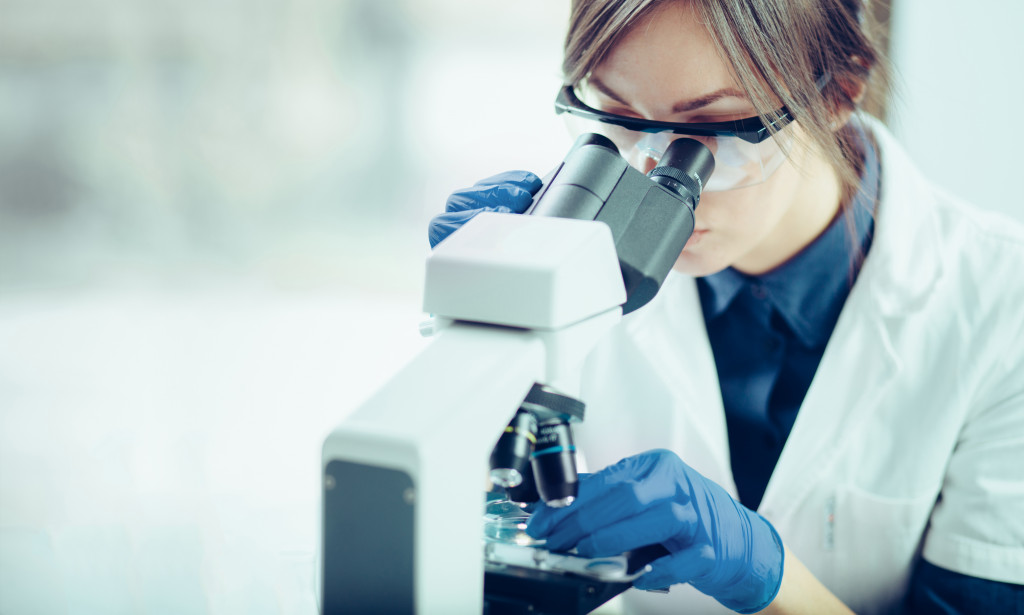CRISPR is a powerful gene-editing tool that has been making headlines in the biotech industry. CRISPR technology was first discovered by scientists at the University of California, Berkeley, in 2012 and has since evolved into one of the most promising biotechnologies ever created.
CRISPR can be found in almost all modern research laboratories and even some private companies. This is powerful equipment, and you want to make sure that it’s up and running without interruption. Most labs have UPS backup power for laboratory equipment to prevent vital information from getting lost in case of a power interruption or shortage. You can never be too careful when you’re dealing with this much data.
Understanding CRISPR Technology
CRISPR technology is a revolutionary tool for genetic engineering. It uses an enzyme called Cas (CRISPR associated protein), which cuts out sections of DNA and inserts desired sections in the genome at specific locations. This makes it possible to edit virtually any gene sequence, including those involved with human diseases like cancer or Alzheimer’s disease.
Since this technology does not involve changing the genetic code itself, it is much more accurate than older methods.
CRISPR stands for clustered regularly interspaced short palindromic repeats, the hallmark of a bacterial defense system against viruses. These short DNA sequences are separated by unique spacers, acquired from invader viruses, and record past infections. Cas proteins use the spacers to recognize invading genetic material and cut it up so it can’t reproduce or cause disease in the cell.
CRISPR technology is based on this defense system. The first step is to extract CRISPR sequences cells, which encode the Cas protein and a piece of RNA that matches the genetic sequence you want to target. You can then use this as a guide for delivering new genes or replacing existing ones with more favorable versions.
What are the benefits of CRISPR technology for biotech and agritech companies?
CRISPR technology is used in the agriculture industry. Farmers can use this technology to modify certain traits of their crops to be more resilient and produce larger harvests.
For instance, plant genomes may have mutations that would make them vulnerable to certain insects or pathogens. Farmers could select for these mutations by exposing seeds to radiation or chemicals that cause damage to the genome. Then, they could use CRISPR technology to insert genes encoding proteins that kill insects or act as antifungal agents against fungi and other pathogens.
Biotech companies also use CRISPR to find cures for diseases like cancer or Alzheimer’s disease. Because of CRISPR’s accuracy, it is possible to identify the exact mutation that causes a disease. Scientists can then work on developing drugs or therapies targeting this specific gene sequence.
A great example of this method in action is Vertex Pharmaceuticals’ drug Kalydeco. It treats cystic fibrosis by preventing the CFTR protein from folding up improperly. CRISPR technology revolutionizes the biotech and agritech industries by editing genetic sequences with unprecedented accuracy.
What are other applications of CRISPR technology?

From the trivial to the highly advanced, CRISPR is being applied in everyday technology, including:
-
Treating diseases
The technology can detect infections and viruses in patients with cancer or HIV/AIDS to prevent potential complications. It is being used in countless studies with positive results.
-
Growing plants that produce biofuel
This will help reduce the amount of land used by agriculture and grow crops without fertilizers since they won’t need any outside interference to survive. Instead, these cells can be put into the soil, and the tissue of its roots will take in these cells to produce their energy sources.
Developing more efficient bio-reactors for biotechnology companies, reducing costs of development. Farmers can also use this technology on plants that insects often damage, so they won’t have to buy pesticides anymore, which is suitable for both them and
-
Growing Organs for Transplant
By editing CRISPR in pigs, researchers might be able to grow organs that are compatible with humans. This could help solve the organ donor shortage problem. For example, if hearts were produced from human cells and inserted into animals whose genomes have been edited for compatibility with human tissues—then transplanted back into humans where they would not be rejected. This can potentially save tens of thousands of lives every year and give hope to patients and their families.
CRISPR technology revolutionizes the biotech and agritech industries by editing genetic sequences with unprecedented accuracy. It’s a tool that has been used in human clinical trials, including one for an immuno-oncology drug called CAR T therapy. It’s a promising technology with more applications and innovations being discovered by the day.
